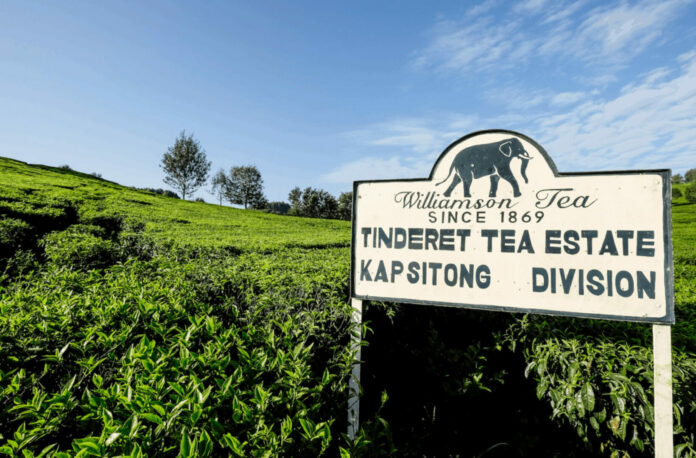Tea companies Kapchorua Tea and Williamson Tea have asked the Kenya Tea Development Agency (KTDA) to destroy the huge stock of unsold tea in its possession.
The two tea companies say that the destruction of the unsold huge stock by the KTDA will help bring pricing normalcy into the market. They estimate that KTDA currently has up to 200 million kgs of unsold tea.
The companies state that the huge stocks have currently saturated the market and brought the prices down to unsustainable levels.
“Despite the positive results of the period, the prospects for the company and Kenyan tea industry are dire. Tea prices have declined to unsustainable levels in the face of market saturation and the consequences of an estimated 200 million kilogrammes of unsold KTDA teas,” Williamson Tea stated in its financial report for the financial year ended March 2024.
NHC stuck with hundreds of unsold “affordable” houses worth Sh. 1.2 billion
“Dramatic action is required to enable the market to return to a normal dynamic and for prospects to improve. The destruction of all unsold KTDA teas and the removal of the auction minimum pricing systems is needed with immediate effect.”
The auction minimum pricing system was effected by the government in 2022 at $2.43 per kilogramme. This is equivalent to Sh. 315 per kilogramme.
At the Mombasa auction, tea auction is done on a two-day basis. Tea that is categorized as premium-grade is sold on Tuesdays while tea that is categorized as secondary-grade is sold on Mondays.
If tea is not sold on its scheduled day, it is reprinted on a fresh auction catalog and is then returned to the market after two weeks. The seller of this tea is only allowed to do this two times, after which their tea, if still unsold, is taken to the sale window dubbed as ‘passive window’.
In this sale, tea is sold at very low prices as it is deemed to be of low quality. Since there is a minimum price system in place, buyers have been refusing to take the unsold tea. They perceive this tea to be of low quality at the set minimum prices which they think are expensive for this quality of tea.
The ripple effect has been a spike in the amount of unsold tea, especially when new, better stock keeps coming into the market.










